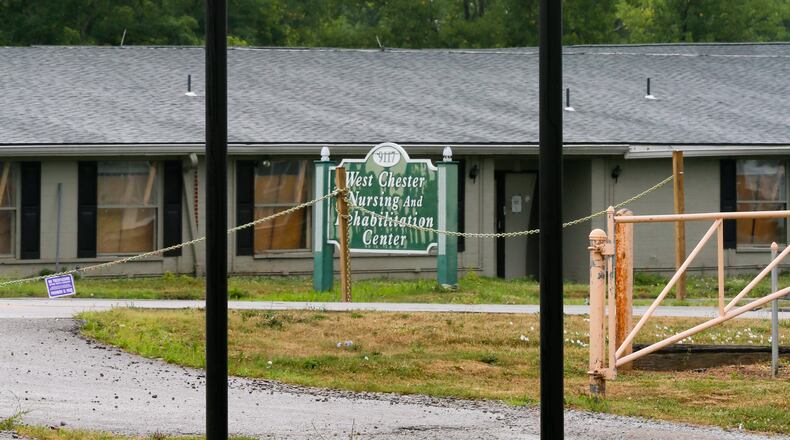Last month, in an unusual move, Judge Timothy S. Black of the U.S. District Court, Southern District of Ohio placed a notation on the docket that basically tells the township it needs to work out a resolution with Aziz.
Black wrote in part: “The court has advised defendant that it would be wise to work with plaintiffs to find a potential resolution to this matter outside of the litigation process,” the judge wrote.
Despite that, the township had until Tuesday night to file a response in the case, and a hearing has been scheduled for mid-December.
Legal expert and attorney Jennifer Branch — who successfully argued a preliminary injunction against the state for Planned Parenthood — said the judge is keeping the case schedule in tact as the parties work on a settlement and so the talks don’t fall apart.
“The judge is most likely continuing to hold the parties to a scheduling order because that’s what puts the pressure on the parties to settle,” she said. “Because if there is no scheduling order and they don’t have to file anything, people aren’t going to talk to each other and try to settle the case. The goal would be defense attorneys, instead of spending 100 hours drafting and putting on witnesses at the hearing in defending the litigation, spend your time trying to settle it… This is to hold your feet in the fire.”
The dispute started in April after the trustees placed a moratorium on all new zoning certificates and approvals for drug treatment and rehab facilities while they studied the effects on the rest of the community. The proposed facility sits directly across the street from the Pisgah Youth Organization ball fields, next door to the Hickory Dickory Tots daycare and in front of a residential neighborhood.
The lawsuit indicates the doctor paid $850,000 for the nursing home facility and land.
The trustees recently approved a zoning change process that makes facilities such as these conditional uses, subject to zoning board review and their locations will be restricted.
Trustee Board President Mark Welch told the Journal-News recently he hopes the settlement process will bring about changes to the doctor's plans that will appease the neighbors. Under the newly approved rules, establishments like drug rehabs won't be allowed in residential neighborhoods.
Welch said they are working on some conditions to put into a consent decree that hopefully Aziz will agree to. Since Black is presiding over the federal case, Welch said he believes Aziz will have to make some concessions he might not have otherwise.
“If he pushes back and says ‘No, I’m not agreeing to any of that stuff,’ then maybe the judge at that point would say, ‘Wait a minute you’re not really working with the township,’… ” Welch said. “In the spirit of cooperation he can’t just red line all these conditions and say ‘No, no, no, no, no, no, I’m going to do what I want to do.’ ”
Branch said based on the notations Black made on the record in the case, she believes he is urging the trustees to avoid a hefty legal bill. If the township lost, both township and plaintiff’s legal bills would come out of a combination of public taxpayer coffers and insurance.
“It is clear the court is warning the defendants that the plaintiff has an extremely strong case. And if the defendants continue to defend instead of settle, the defendants not only lose the case but have to pay the attorneys fees of plaintiff’s lawyers,” Branch said. “Which could be a large out-of-pocket expense for the township.”
The township has spent more than $400,000 to defend and settle lawsuits over the past few years, and some of that money came from taxpayers' pockets. Township Administrator Judi Boyko told this newspaper previously their insurance company caps the amount attorneys can be paid. In some of the lawsuits they have felt they needed the expertise of their law director — as they are in the Aziz case — so they have picked up the extra legal fees the insurance company won't cover.
As of publication for this story, township Law Director Scott Phillips had not filed the response to Aziz’s motion for a preliminary injunction. Aziz’s attorney Chris Finney could not be reached for comment; his reply is due Dec. 12 and a hearing has been set for Dec. 15.
About the Author
